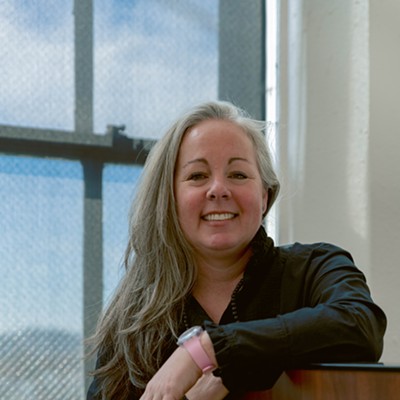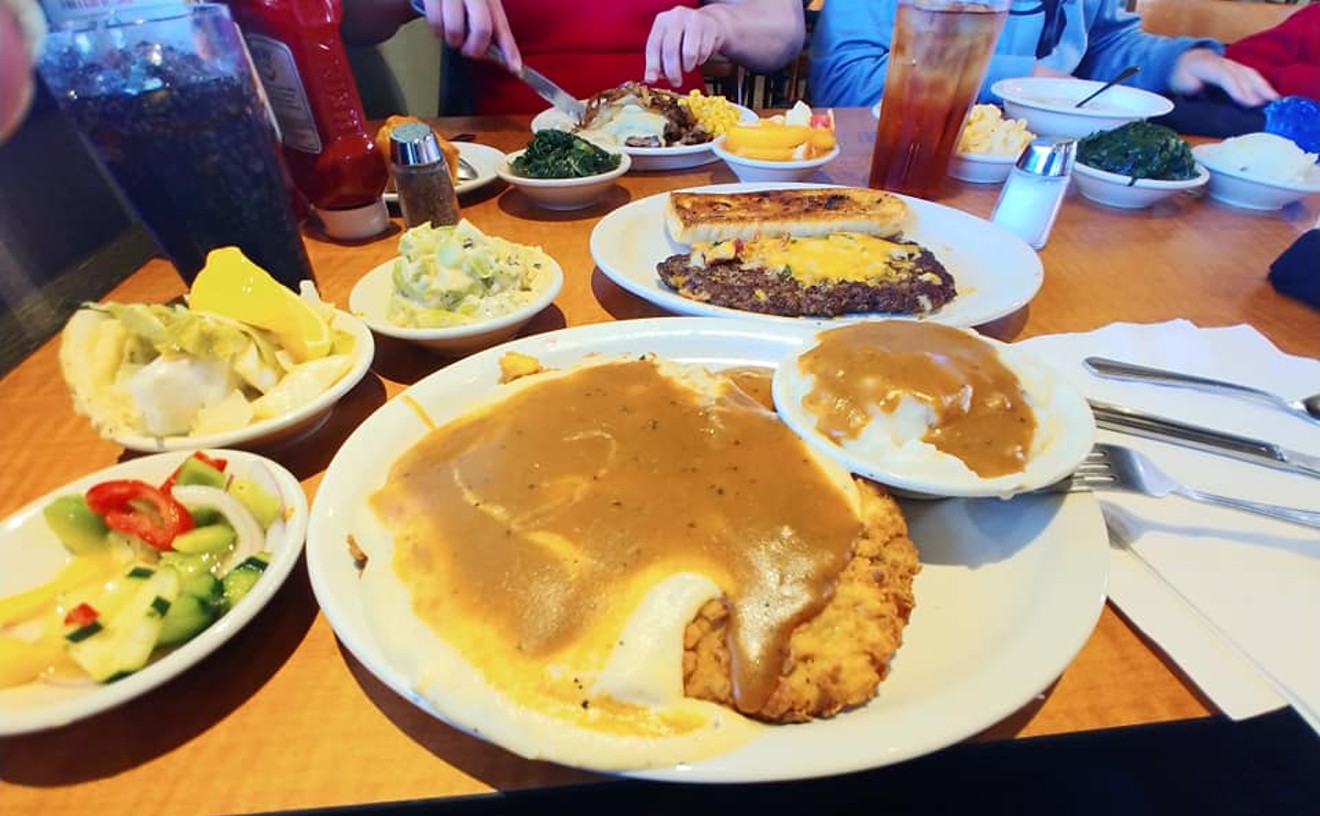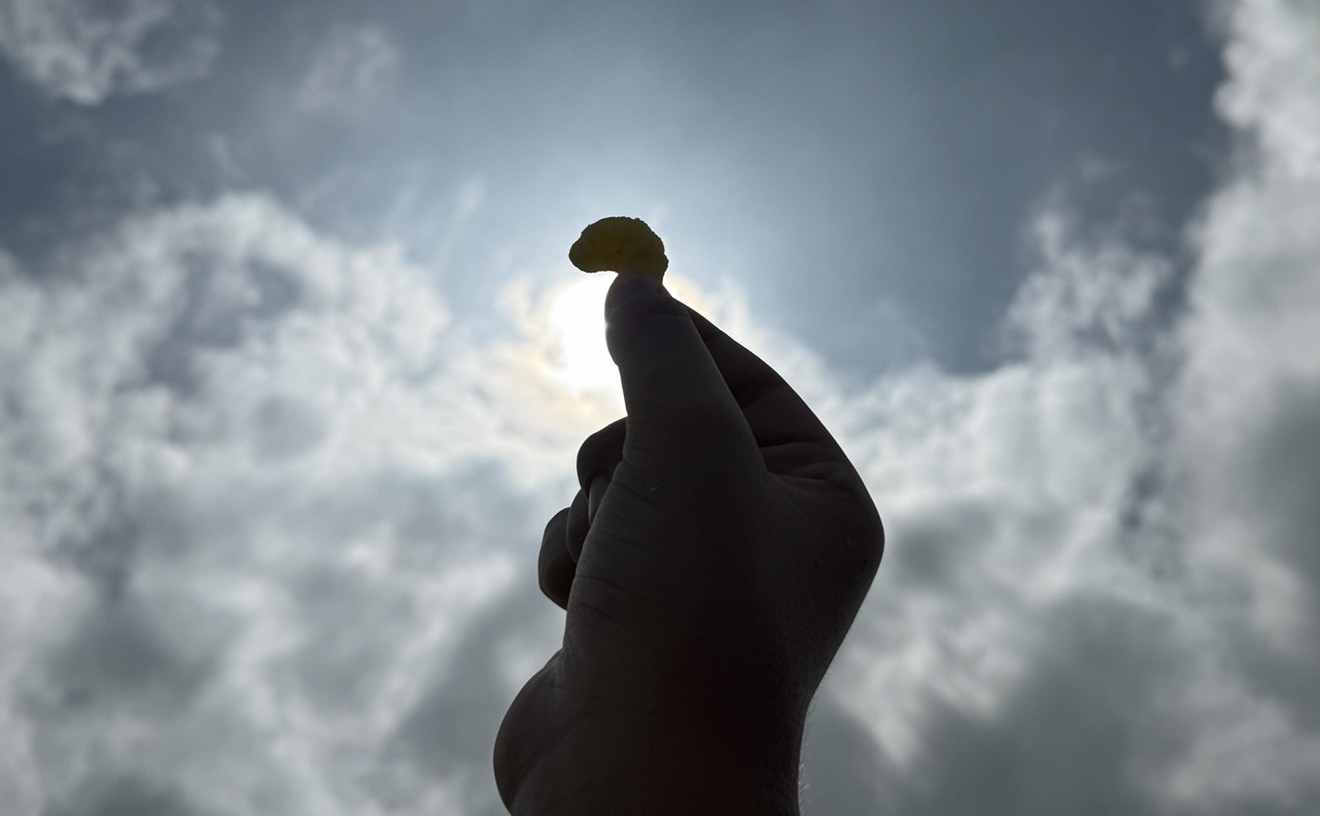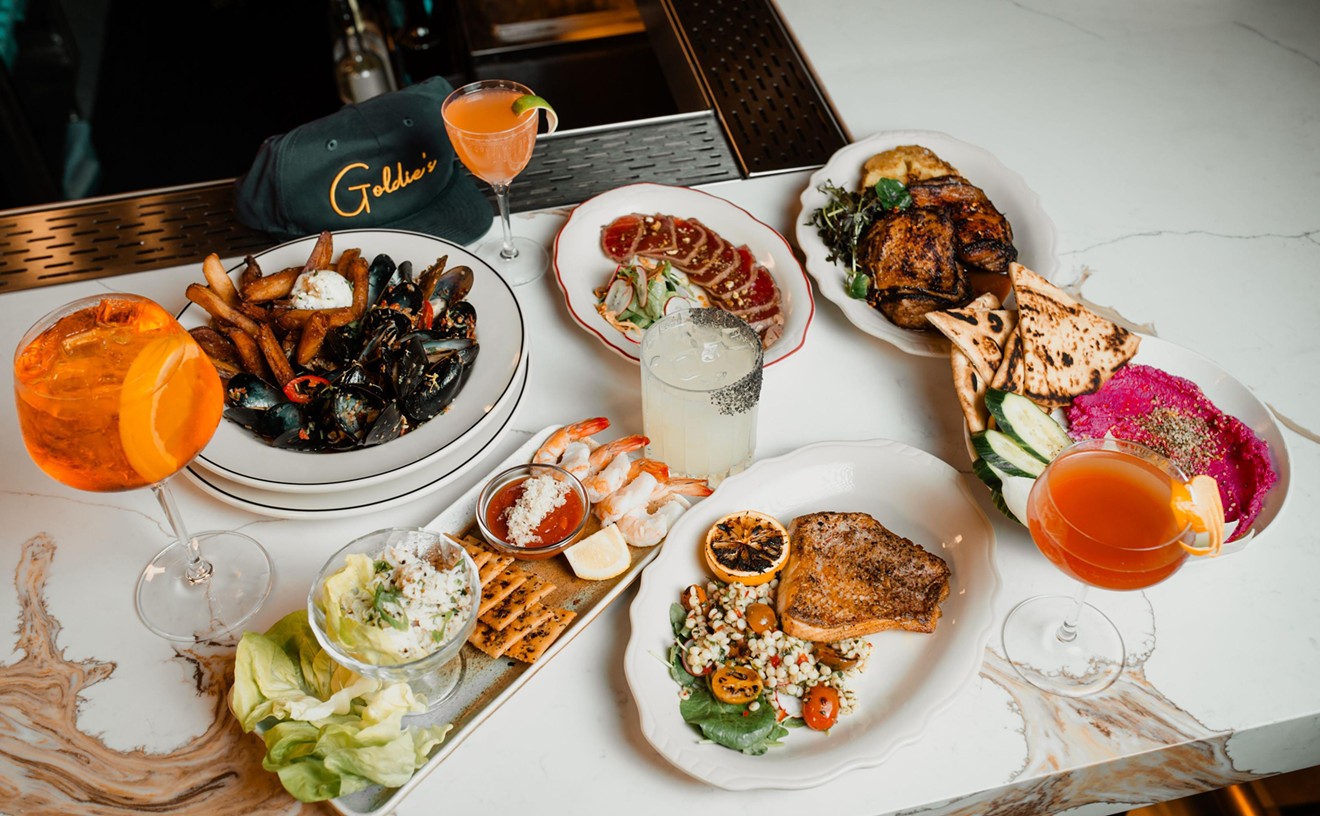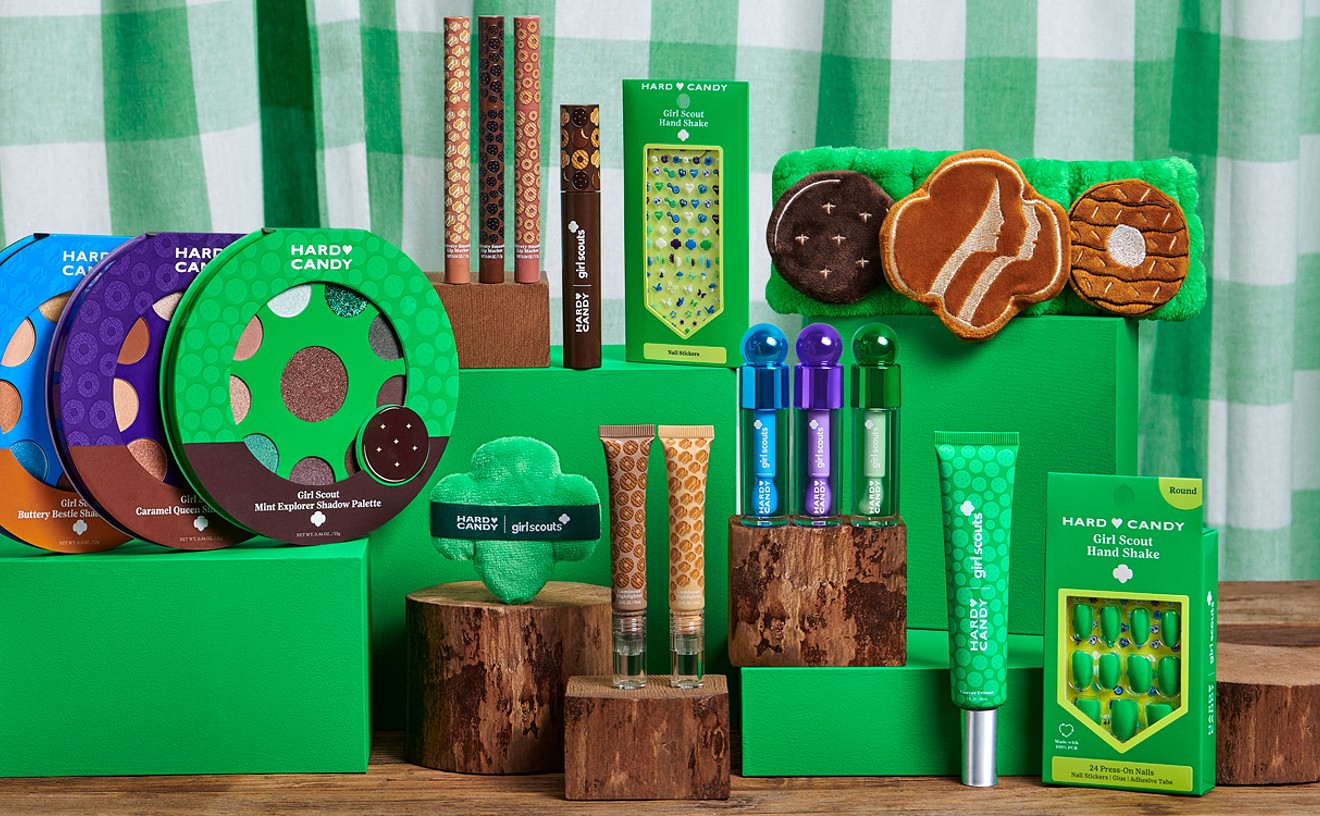The road to pancakes isn't as flat as you think it might be. Mark Davis Bailey, owner of the six area Original Pancake Houses (OPH), has had an enlightening journey to the restaurant business involving gymnastics, architecture, Epcott Center, Jakarta, a grass roots investment club and being confronted about sub-par coffee.
Bailey was born in El Paso and studied architecture at Texas Tech, where he was a very successful gymnast, but he knew the career prospects for the sport weren't great, so he set it aside to focus on his education in architecture.
Bailey and friends also started an investment club while at Tech. "We were all broke, but we all put in $20 every month and would all decide together how to invest it. After seven years we had more than $65,000."
In one of his last projects at Tech, he wrote an extensive paper on EPCOT Center at Walt Disney World, and after seeing his work, the company offered him a job. But Bailey was more inclined to be an independent entrepreneur. "I figured I could work my way up the ladder there," he says. "Or I could be my own boss right then. So I went into construction and started building houses."
Bailey eventually moved to Dallas to work for an architecture firm and was a regular at the Original Pancake House on Midway. He got to know the owners, and when they decided to build their second restaurant he invested $25,000 (from the investment club) to become a part owner of the restaurant.
When the architecture industry hit a slump in the 1990s, Bailey enrolled in graduate school to expand his business knowledge base and took at job that landed him in Jakarta, Indonesia, where he learned to speak Bahasa ("It's a pretty simple language, really"). While home on vacation, he got a phone call from the owners of the OPH.
"They were tired and they wanted to sell," says Bailey. "I knew the books, so I bought it and made Jonathon Seyoum my junior partner. They had four restaurants by that time and we've added three more since, one was a relocation."
Following is a chat about the pancake business with Mark Davis Bailey:
I've heard it takes five days for you guys to make a pancake. Yes, we start from scratch. We mix potatoes with yeast and sugar to grow a sour starter. We feed and grow it for four days making sure to keep it at the right temperature. On the fourth day we make a buttermilk base from scratch, then mix it with the yeast and age it for 24 hours.
With six restaurants, how do you keep your staff motivated? This is something Jonathon and I decided a few years ago. We want to be an exceptional company to work for. So, we started looking at what makes companies great and it's really all about the employees. We call them "associates." I don't actually focus on guests; I focus on our associates and make sure they feel empowered and important. Then, they turn around and treat guests the same.
Specifically how do you do that? We do a lot of reward and recognition. We also hire a lot of people to come in, consultants, to teach us more about how to be successful at this. We have a guy come in two times a year to do a long and short form survey of every employee. We have a Spanish translator for our Spanish-speaking employees. It's a real measure of how we're doing. It's not us saying we're great, it's our employees saying we're a great company to work for.
But I'm not saying we're great. I'm saying we're working on it.
Is there any particular theory you adhere to? I really like Danny Meyer. I've met him before and had a really interesting conversation with him. His book Setting the Table is about "enlightened hospitality." Everything comes down to hospitality. The first point on the food chain are the people working in the organization, no matter what the job. The owners and investors are at the very bottom.
Do all the employees get it? Yes, the majority do. Not everyone, but the majority.
Your coffee program has really taken off lately. Your latest restaurant has a full coffee lounge. How did that come about? We actually went to coffee school.
Tom Vincent of the Texas Coffee School? Yes.
He makes a mean cup of coffee. [Laughs] Yes, he does. The first time I met him we were chatting and he said something about our coffee and I said to him, "You know, a lot of people really like our coffee, actually." At that time it was grinded and packaged in another state and shipped to us. I really didn't know that much about the coffee then. So, I was telling Tom that our customers love our coffee and that it's our number one selling item. And Tom puts his finger in my face, looks right at me and says, "Mark, your coffee is shit."
Ouch. He's serious about coffee. So, he invited us over to his school. He told me to bring a bag of my coffee and we'd try them side-by-side. So, we go over and he has two glass canisters set up. We pour ours in first and the water just sort of runs through the grinds. No big deal. Nothing really happens, it just makes brown coffee. Then, he turns around and does the same thing with his coffee and it was like a volcano. When the water hit the grinds there was like this reaction taking place. It really put our coffee to shame.
So, we don't keep glass pots of coffee cooking all day anymore. We use fresh Cuvee beans that we grind. But, the coffee is something we're still working on. It's hard. It cost a lot of money and baristas cost a lot too, but we're working on it.


